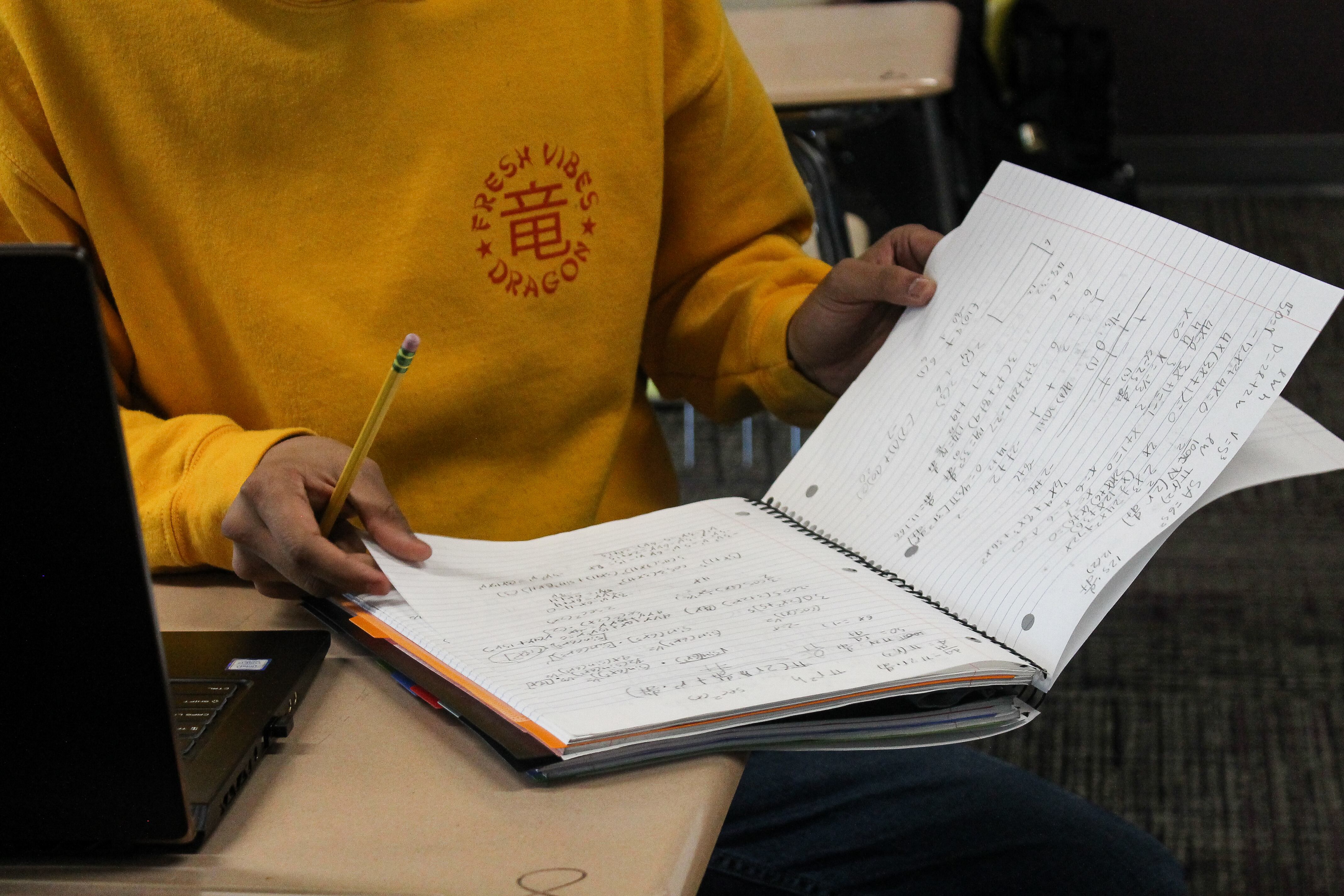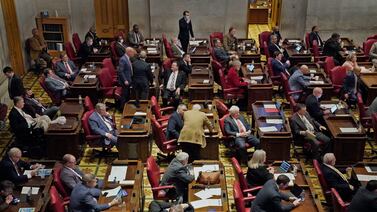Prompted by an end to state takeovers and other consequences for low performance, Indiana schools likely will also see a change in how the state measures their success.
Under a new law, district schools with poor A-F state grades no longer face the threat of state seizure or the steps that precede it, such as replacing personnel or working with outside experts. Instead, the law requires that the State Board of Education create a public data dashboard that highlights certain measures of school performance, such as graduation or attendance rates.
The change represents a shift in philosophy for the state, from holding schools accountable for providing a quality education by using the threat of intervention. Instead, the state will prioritize transparency. And the movement is expected to trickle down to affect how A-F grades themselves are calculated.
“It’s a shift in mindset,” said State Board of Education General Counsel Chad Ranney. “I think it will certainly influence the final product the board will put out.”
For example, the board may grade different aspects of a school’s performance, such as its graduation rate or attendance, in addition to an overall grade. That could make it easier for parents to compare schools on a more detailed level, Ranney said.
The new statute also encourages board members to add test scores for science and social studies to the formula, which currently relies heavily on scores for English and math. But board members will have to balance expanding the formula to better capture a school’s performance with making it too complicated and difficult to understand.
“I think we have been less than honest in terms of the way we’ve computed this over time,” House education leader Bob Behning, R-Indianapolis, said in February, asserting that the dashboard could give the community better insight. “Let’s be honest about performance.”
With the new law going into effect this summer, Ranney said the board will revisit A-F grades in the “coming months.” There’s no set timeline and little pressure to rush because lawmakers already exempted schools from 2020-21 A-F grades after educators raised concerns that COVID-19 school closures would cause standardized test scores to drop. The law also gives the board until 2024 to build the data dashboard.
While many options are still on the table, lawmakers did not leave room for the board to scrap the A-F system entirely. Ranney said continuing to use the familiar A-F ratings — as the state has since 2011 — supports the measure’s purpose, which is to offer parents and community members an easily understood assessment of how schools are doing.
Test scores will also remain in the formula, Ranney said, although what impact they will have on the overall grade is “still very much a question.”
Board members were already rethinking state takeover and planning to overhaul A-F grades before the new law passed. In January 2020, the board ended the state’s control at the four remaining takeover schools with little fanfare and no evaluation of whether the efforts were successful. (The new law does not affect district takeovers in Gary and Muncie, which were triggered by finances rather than academics.)
And in November 2020, members considered a new framework for A-F grades, which included incorporating science and social studies scores, adding student attendance, and changing the weight behind graduation rates. However, changes were put on hold as lawmakers started discussing the accountability system during the legislative session.








